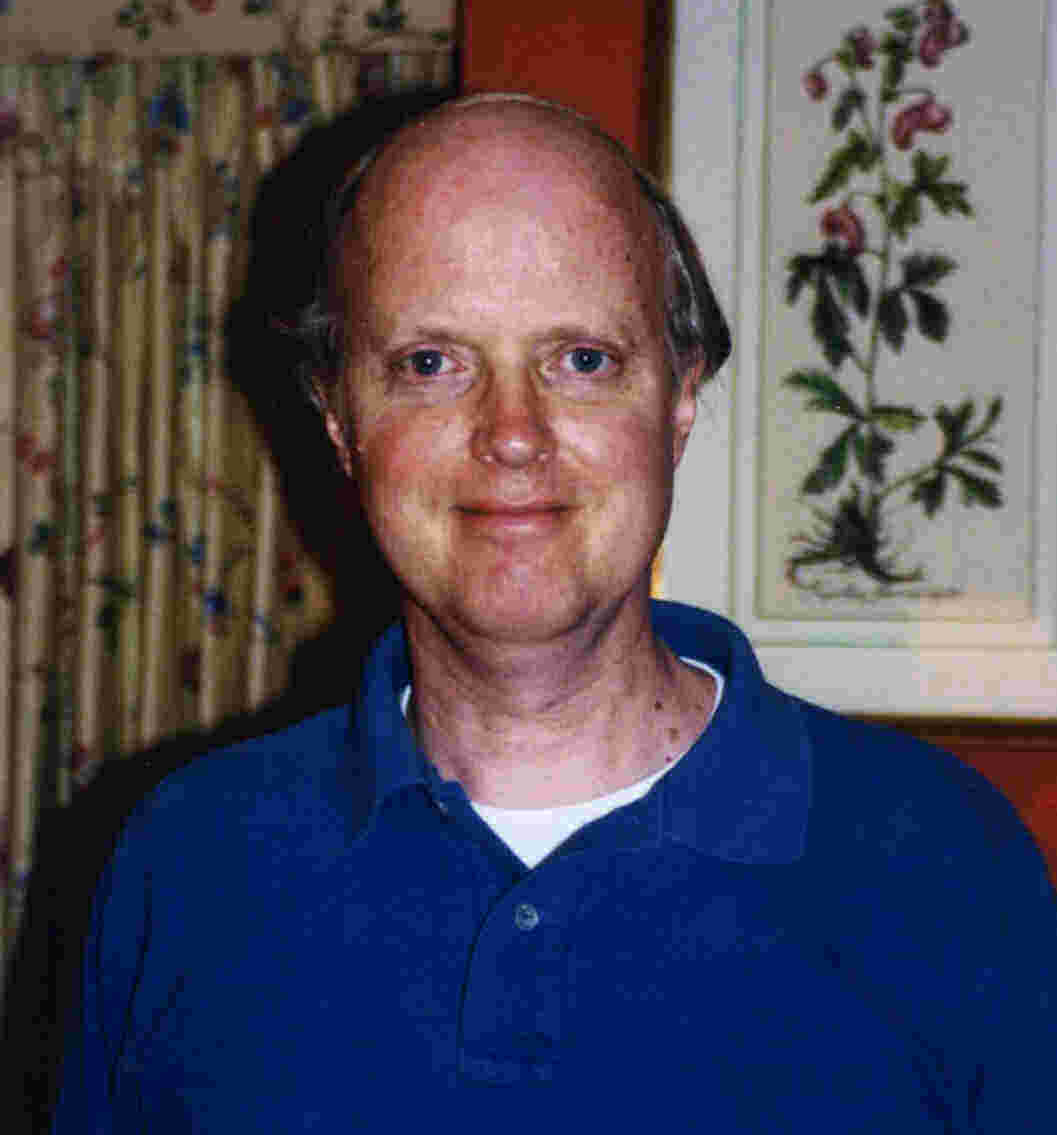
The University of Michigan
Department of Economics
311 Lorch Hall
611 Tappan Street
Ann Arbor, MI 48109-1220
Tel: (734) 763-9620
Tel (Institute for Social Research): (734) 615-4582
Email: jlaitner@umich.edu
Low-frequency Technology Shocks, Creative Destruction, and the Equity Premium
This paper presents a neoclassical model with low-frequency technology shocks. We assume a vintage specification of physical capital. New general purpose technologies arrive a random intervals. Equilibrium growth proceeds through a sequence of episodes of creative destruction. Baseline calibrated examples explain 20-50 percent of the equity premium, with a coefficient of relative risk aversion in the range of 1-2. A formulation combining punctuated technological advances and business-cycle shocks can potentially account for the full premium.
Intergenerational Transfers in Data from the Health and Retirement Study
We examine 1992-2008 HRS data on inheritances and inter vivos gifts. We uncover a problem with the data: a household's financial respondent often seems to understate transfers from his/her in-laws. Nevertheless, other aspects of the data seem very useful. In particular, we can shift our emphasis to the distribution of inheritances for couples, conditional on a positive transfer from the respondent's in-laws. About 30-40 percent of households eventually inherit. Our analysis suggests that inheritances reflect a mixture of intentional and accidental bequests, with the latter twice as prevalent.
Technological Progress and the Earnings of Older Workers
This paper examines whether the earnings of older US workers track
overall increases in TFP as comprehensively as those of their younger colleagues. We find that the pay of older US employees does not follow TFP growth as closely as the remuneration of younger workers -- though the difference is, perhaps, surprisingly small -- and we attempt to provide quantitative assessments of the likely impact on the economy.
Motives for Bequests within the Middle Class
This paper studies the prevalence and nature of middle-class bequests in the US. We
use data from the HRS. The literature on private intergenerational transfers distinguishes
two general types of bequests on the basis of donors' motives: intentional bequests and
accidental bequests. Rather
than attempting to test for evidence of one or the other category of bequest, this paper
sets up a model including both. Then we turn to the HRS. We approach the data with
the perspective that both types of bequests may well be present, and we try to assess their
relative importance in practice.